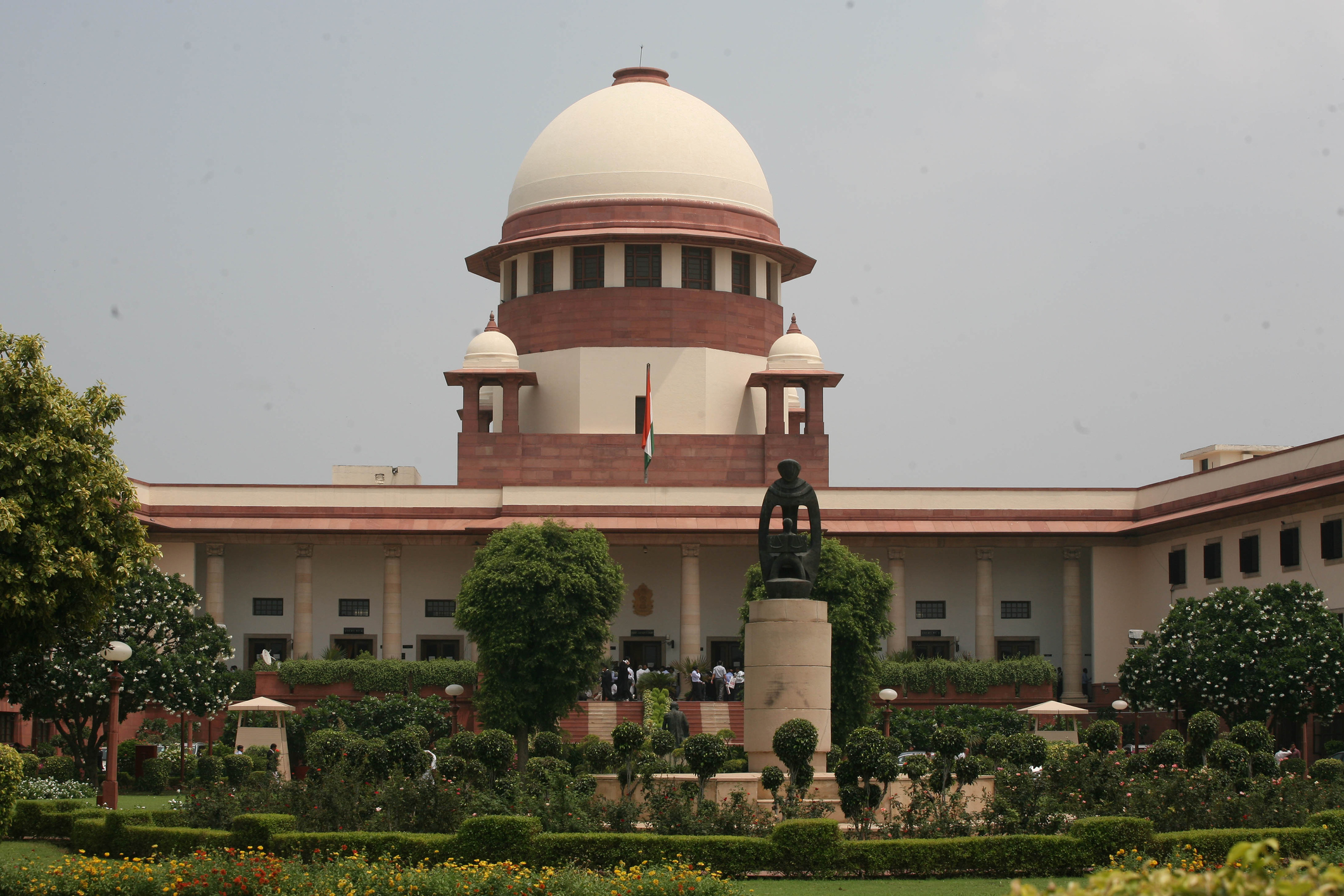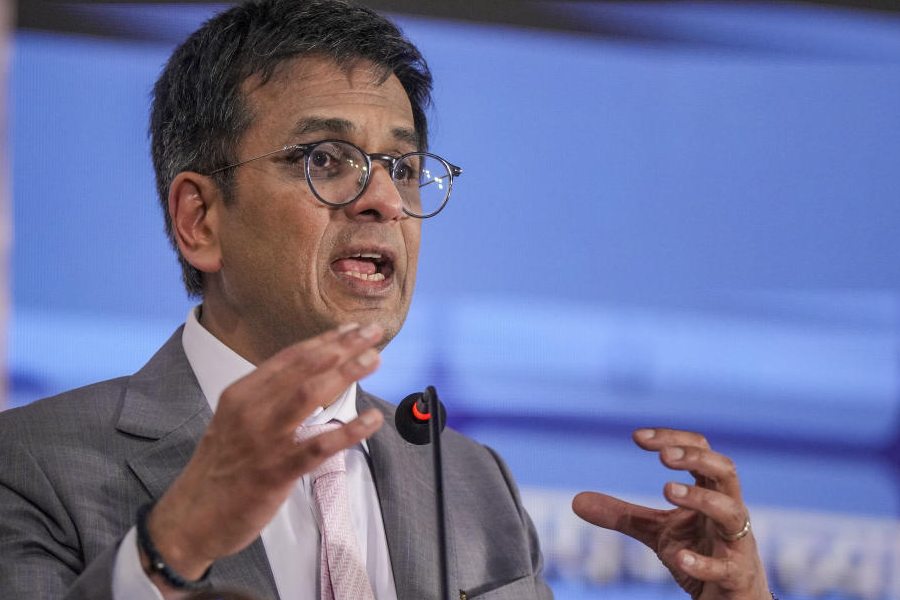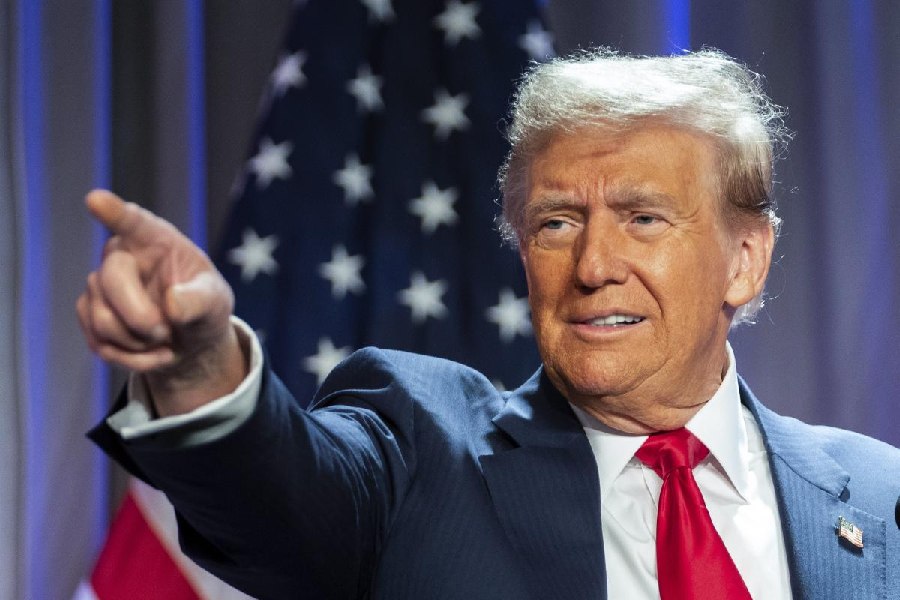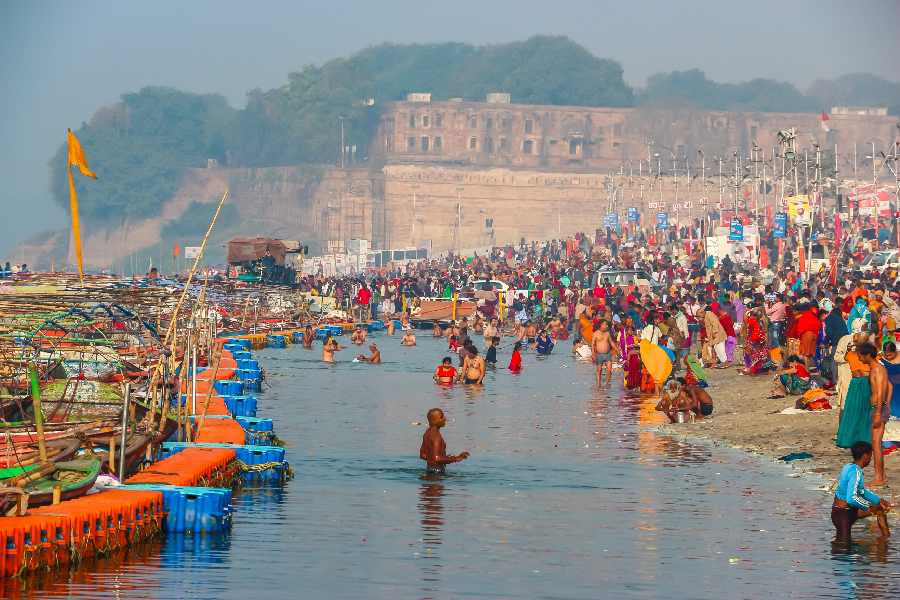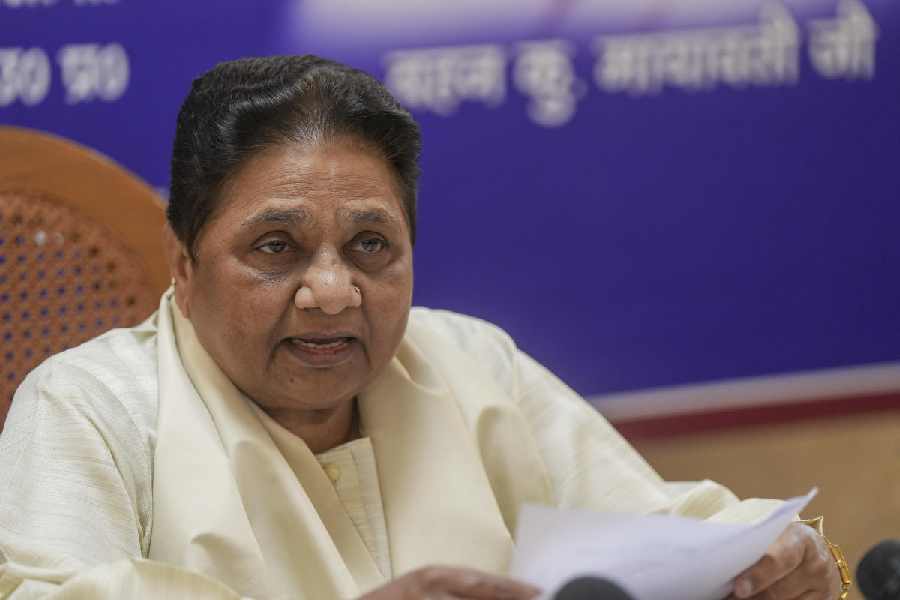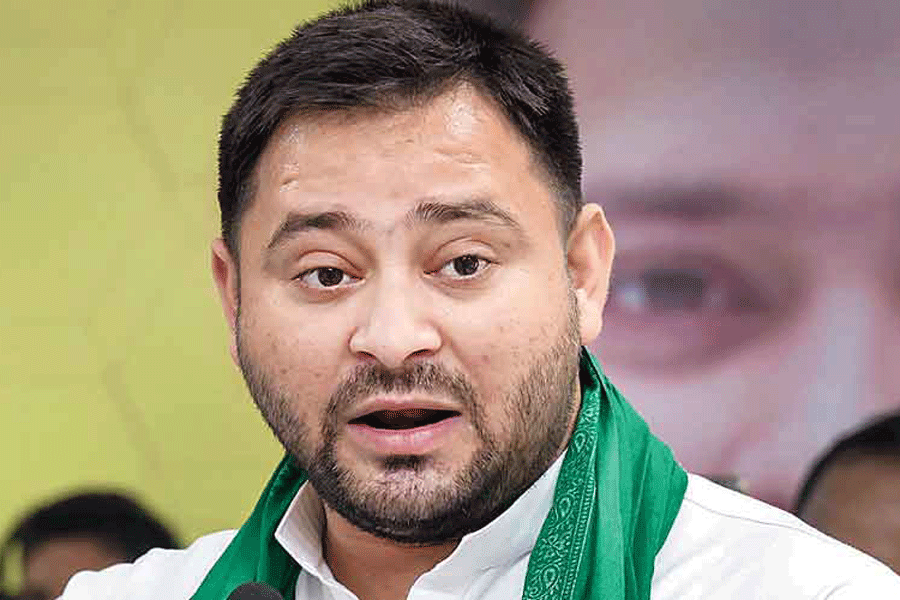The Supreme Court on Thursday stopped the Maharashtra government from implementing the 10 per cent economic quota in medical and dental postgraduate courses this academic session, saying the admission process had started before the reservation was introduced.
Admissions began in November last year whereas the quota for the economically weaker sections (EWS) in the general category was introduced in Parliament in January this year through the 103rd constitutional amendment.
A bench of Chief Justice Ranjan Gogoi and Justice Aniruddha Bose passed the order while dealing with a batch of petitions filed by general category candidates, including Rajat Rajendra Agrawal and Mohd Asif Nizamuddin, challenging the implementation of the quota in the current academic session.
The students had complained that applying the quota was illegal as the admission process had started be¬fore the reservation was introduced.
The Supreme Court said it was “reminded of the time-tested principle of law that the modalities of selection cannot be changed after initiation of the process”.
The Supreme Court referred to a Bombay High Court ruling in 2018 that a 16 per cent quota for socially and educationally backward classes, including the Maratha community, could not be implement¬ed that year as the commencement of the admission process preceded the introduction of the reservation by 28 days.
While the Maharashtra State Reservation (of Seats for Admission in Educational Institutions in the State and for Appointments in the Public Services and Posts under the State) for Socially and Educationally Backward Classes Act, 2018, came into force on November 30, the admission process had started on November 2.
The Supreme Court had at that time dismissed a special leave petition filed by the Maharashtra government against the high court order.
Drawing an analogy between that quota and the EWS, the Supreme Court said on Thursday: “Having considered the matter, we are of the view, at this stage, that though the State may act under the enabling provision contained in Article 16(6) of the Constitution, as introduced by the 103rd Constitutional amend¬ment, unless additional seats are sanctioned by the Medical Council of India, the existing seats cannot be subjected to the provisions of the aforesaid Constitutional amendment by issuing appropriate notifications, as has been done in this case.
“Though the above view is a tentative view,… we deem it proper to declare that the notification of the State of Maharashtra dated 7.3.2019 insofar as the admission to postgraduate medical courses is concerned, will have no application to the ongoing process of selection, so as to enable the representatives of the economically weaker sections to avail of the benefit of reservation for admission to postgraduate medical courses.”
The court said it had kept in mind the need to balance the competing claims and that general category students would be affected if the economic quota was implemented without increasing the number of seats.
It also noted that it kept in mind the future of the students who get admission under the quota in case the implementation of the reservation this academic session is deemed illegal at a later date.
“We have, therefore, deemed it appropriate to pass the above interim directions to make the aforesaid interim declaration pending final decision in the writ petitions before us. Needless to say, it is always open for the Medical Council of India to sanction additional seats, if deemed fit,” the apex court said.
Through the 103rd constitutional amendment, a sixth clause was introduced to Article 16, mentioning: “Nothing in this article shall prevent the State from making any provision for the reservation of appointments or posts in favour of any economically weaker sections of citizens… in addition to the existing reservation and subject to a maximum of ten per cent of the posts in each category.”
Through an enabling provision, the Maharashtra government had issued notifications on February 12 and March 7 extending the benefit of the reservation to postgraduate medical courses from this academic session.

